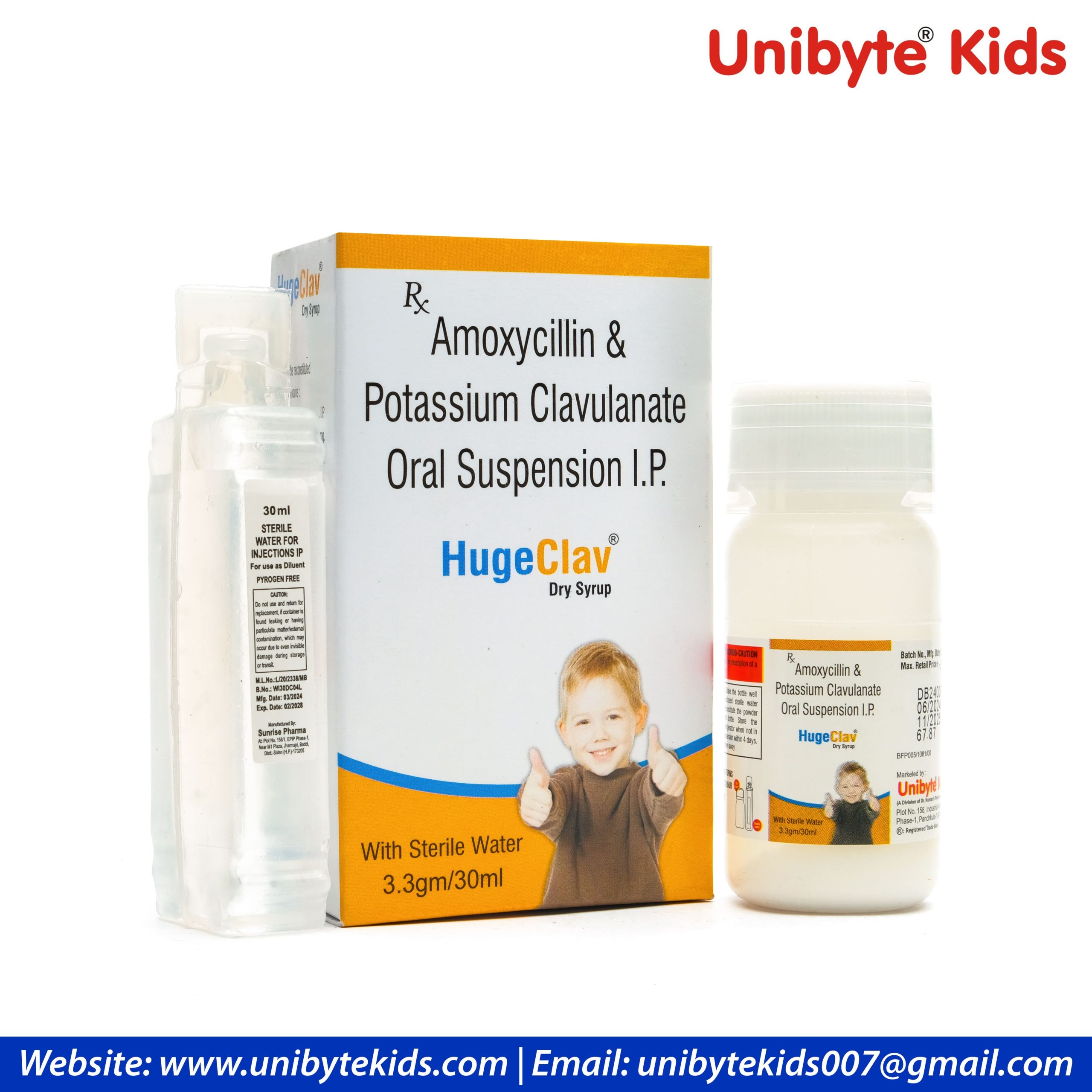No, don’t give your baby amoxicillin for a cough without consulting your doctor. Amoxicillin is an antibiotic, effective against bacterial infections, but many coughs in babies are caused by viruses. Using antibiotics inappropriately can lead to antibiotic resistance and potential side effects.
Proper diagnosis is paramount. A doctor will assess your baby’s symptoms, potentially perform a physical exam, and might order tests to determine the underlying cause of the cough. This could involve listening to your baby’s lungs, checking their temperature, and evaluating their overall health.
If a bacterial infection is confirmed, your doctor may prescribe amoxicillin, carefully considering your baby’s weight and age. They will provide specific instructions on dosage and administration. Always follow these instructions precisely. Common side effects like diarrhea or a rash should be reported to your doctor immediately.
Remember, treating a viral cough with antibiotics is ineffective. Instead, focus on supportive care: keeping your baby hydrated, using a cool-mist humidifier to ease congestion, and ensuring plenty of rest. If your baby is struggling to breathe or showing signs of dehydration, seek immediate medical attention.
This information is for guidance only and should not replace professional medical advice. Always consult your pediatrician or family doctor before administering any medication to your baby.
Amoxicillin for Babies: When is it Appropriate for a Cough?
Amoxicillin treats bacterial infections, not viral ones. A baby’s cough is often viral, meaning amoxicillin won’t help. Use it only when a doctor confirms a bacterial infection, such as bacterial pneumonia or bronchitis, causing the cough.
Signs a Bacterial Infection Might Be Present
Specific symptoms indicating a bacterial infection might include a high fever (over 101°F or 38.3°C) lasting several days, persistent cough producing thick, discolored mucus (green, yellow), difficulty breathing, or wheezing. A doctor will assess your baby’s overall health and conduct necessary tests to confirm the diagnosis.
When to Seek Immediate Medical Attention
Seek immediate medical help if your baby exhibits labored breathing, significant nasal flaring, or retractions (indrawing of the skin between the ribs). These signs suggest a severe respiratory issue requiring prompt treatment. A doctor will determine the appropriate course of action, which may or may not include amoxicillin.
Understanding Dosage and Administration of Amoxicillin for Infants
Always follow your doctor’s prescription precisely. Never guess the dosage. The correct amount depends on your baby’s weight and the specific infection being treated. Typical dosages range from 20 to 50 mg per kilogram of body weight per day, divided into two or three doses. Your doctor will calculate the precise dose for your child.
Measuring Amoxicillin
Accurate measurement is vital. Use the measuring device provided with the medication; household spoons are inaccurate. If you are unsure, contact your pharmacist or doctor for clarification. Carefully follow the instructions on how to measure the liquid suspension. Gently shake the bottle before each use to ensure the medication is evenly distributed.
Administering the Medication
Amoxicillin suspension can be given directly to your baby or mixed with a small amount of food like breast milk or formula. Avoid mixing it with acidic foods or drinks like orange juice, which could affect its absorption. If your baby refuses the medication, consult your pediatrician for alternative administration methods. Always monitor your baby for any adverse reactions and contact your doctor immediately if you notice anything unusual.
Storage
Store amoxicillin suspension in the refrigerator after opening, following the instructions on the label. Discard any unused medication after the expiry date. Never use expired medication.










